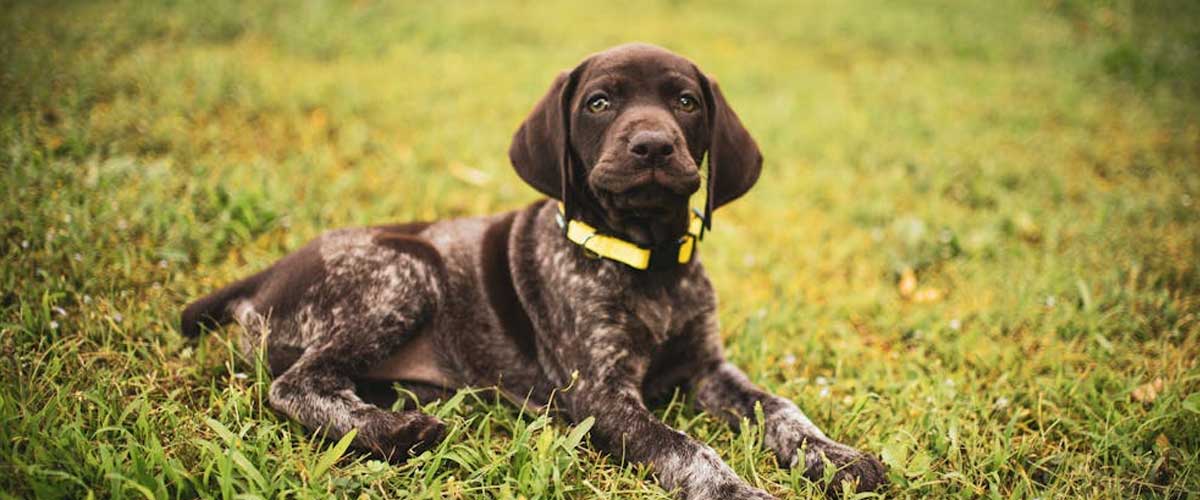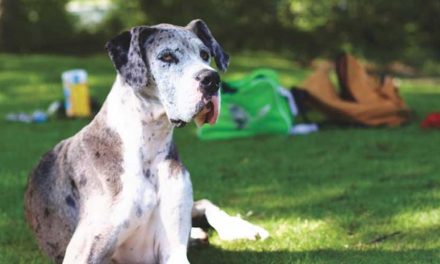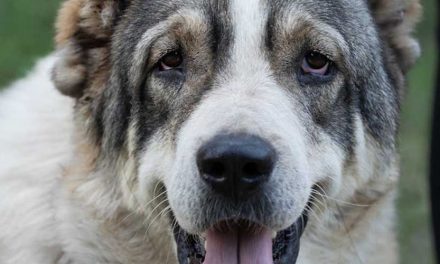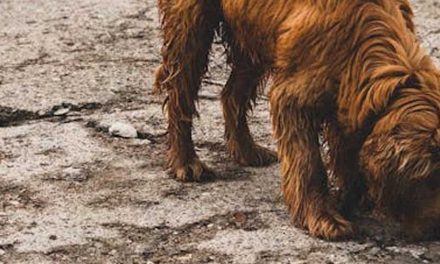The Spanish Pointer, known as “Perro de Poneador” in Spanish, is a remarkable breed that has garnered attention for its incredible hunting abilities and affectionate nature.
This breed is a type of pointing dog, renowned for its exceptional senses and reliable performance in the field.
Origins and History
The roots of the Spanish Pointer can be traced back centuries, making it one of the oldest breeds in Spain.
Originally bred for hunting game, this dog has evolved from traditional European hunting dogs.
It was used primarily for pointing and retrieving game birds, showcasing its exceptional ability to work in various terrains.
Over time, the Spanish Pointer has adapted to different hunting styles and has become a beloved family pet due to its friendly demeanor.
Physical Characteristics
Spanish Pointers are medium to large-sized dogs, typically weighing between 45 to 65 pounds and standing about 20 to 26 inches tall at the shoulder.
They have a well-proportioned body, featuring strong, muscular limbs that are capable of enduring long hours of hunting.
One of the breed’s most distinguishing features is its coat, which is short, dense, and often comes in a combination of colors such as white with orange or liver patches.
Their large, expressive eyes convey warmth and intelligence, while their long, floppy ears are a hallmark of many pointing breeds.
Temperament
Spanish Pointers are known for their friendly and affectionate nature.
They are gentle and patient with children, making them excellent family pets.
Their loyalty is commendable; these dogs form strong bonds with their owners and require companionship.
Despite their friendly demeanor, Spanish Pointers are also energetic and require regular exercise.
They thrive in an active household where they can engage in various physical activities.
This breed enjoys running, playing fetch, and exploring the outdoors, making them ideal companions for active families or individuals.
Training and Socialization
Training a Spanish Pointer is generally an enjoyable experience due to their eagerness to please.
They are intelligent dogs that respond well to positive reinforcement techniques.
Early socialization and obedience training are essential to ensure they grow into well-rounded adults.
Exposure to various environments, people, and other animals during their formative months will help them develop a balanced temperament.
Health and Lifespan
The average lifespan of a Spanish Pointer ranges from 12 to 14 years.
Like all breeds, they are prone to specific health concerns, including hip dysplasia and certain genetic conditions.
Regular veterinary check-ups, a balanced diet, and proper exercise can help maintain their health and longevity.
Conclusion
The Spanish Pointer is a versatile dog breed that excels as both a hunting companion and a family pet.
With their friendly temperament, intelligence, and energetic nature, these dogs make wonderful additions to active households.
Whether in the field or curled up on the couch, the Spanish Pointer is sure to bring joy and companionship to any family lucky enough to have one.
If you’re considering adding a Spanish Pointer to your family, be ready to provide them with plenty of exercise, mental stimulation, and, most importantly, love.
With the right care and environment, these dogs can flourish and be loyal companions for years to come.












